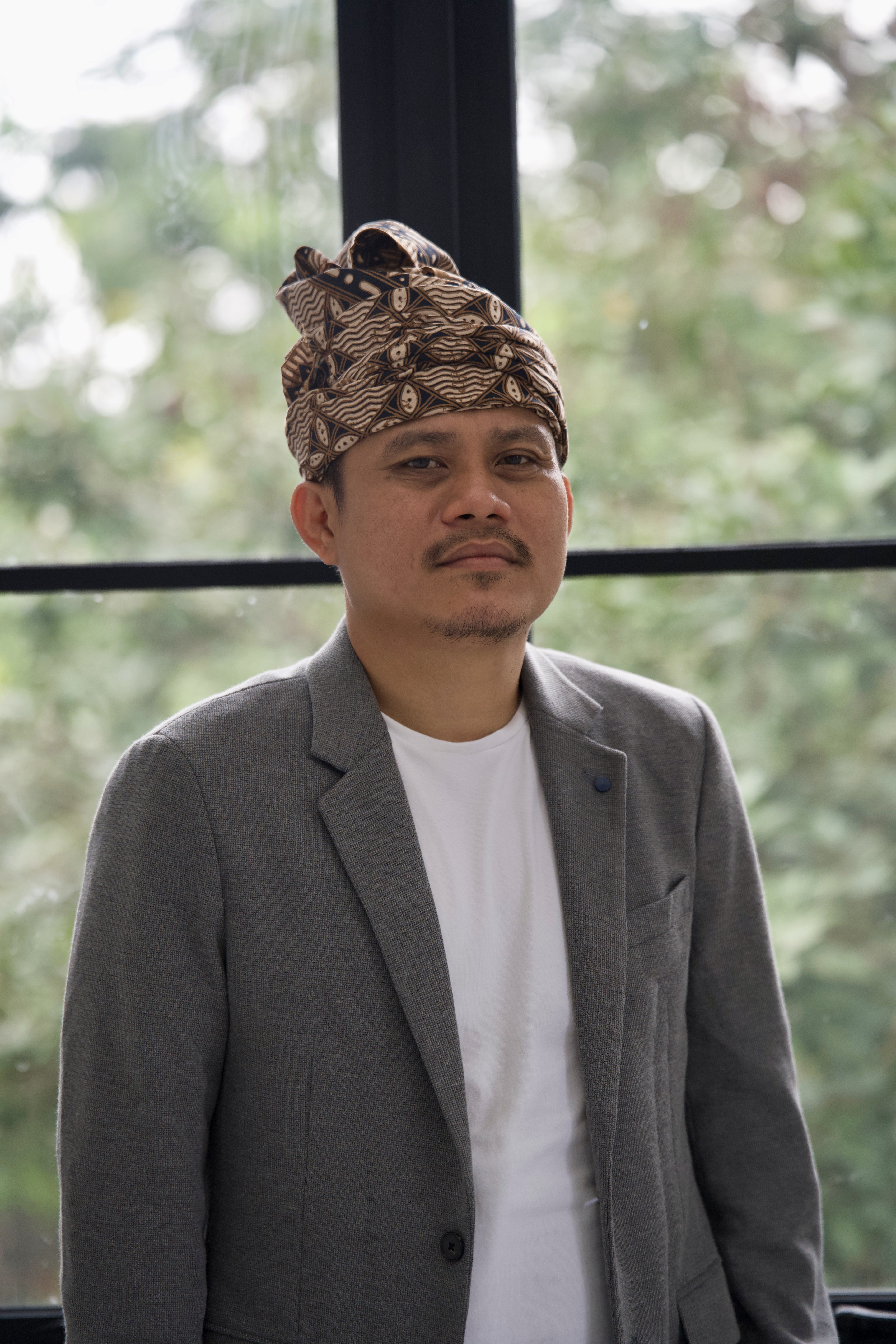
Electoral paradoxes: Balancing procedural norms and Indigenous rights in Indonesia

The debate on democracy and election design in post-reform Indonesia is caught in a paradox. It must balance the emphasis on procedural election aspects with the need to strengthen substantive rights. The progress of democratization and elections, which has been exemplified by procedural patterns since the reform era, has, in fact, hindered the political participation of Indigenous Peoples.

The Struggle for Electoral Inclusion of Indigenous Communities in Indonesia
In the 2019 and 2024 electoral cycles Indigenous Peoples residing in forest areas such as Sumatra, Kalimantan, Papua, Nusa Tenggara Timur, and Maluku islands, faced obstacles in registering to vote. The Indigenous Peoples Alliance of the Archipelago (AMAN) reported that 1.9 million Indigenous Peoples in forest areas were unregistered as voters, a situation that is in line with the findings of the National Human Rights Commission's Inquiry into Indigenous Peoples' agrarian conflicts in forest areas. The requirement to integrate population registration procedures with electoral mechanisms – such as appearing on the electoral roll – has opened a Pandora’s box for other sectoral regulations governing citizenship, resulting in the loss of Indigenous Peoples’ right to participate in elections.
Although the Constitutional Court (MK) has revised these requirements by including a clause allowing a substitute certificate for identity cards, this policy has proven insufficient to resolve the fundamental citizenship issues of Indigenous Peoples in forest areas. The main issue lies in the procedural barriers to processing and obtaining an electronic ID card, as their customary territories are not recognized as residential areas by the Ministry of Home Affairs.
AMAN has identified various issues concerning the electoral participation of Indigenous Peoples in Indonesia, ranging from clashes between local values and electoral procedures to problems surrounding the balance between individual rights and collective rights in electoral design. These issues have significantly impacted the accessibility and ease with which Indigenous Peoples can participate in elections.
Have we ever considered that complex electoral procedures could strip away human rights? Could procedures restrict citizenship rights? In a democratic country, barriers that hinder participation should be dismantled. The principle of democracy is grounded in equity and equality, where all citizens have the same rights to participate in elections without any exceptions. Elections are seen as a medium for exercising rights that are rooted in the context of local values.
Locality versus Electoral Proceduralism
The diversity of local values makes it impossible to universalize Indonesia’s democracy. Within this framework, it is crucial to conduct democracy and elections in Indonesia in a pluralistic manner that is rooted in local contexts. For example, AMAN’s findings from the 2019 elections revealed that 200 households of the Kajang Indigenous People in South Sulawesi faced difficulties registering as voters because they refused to remove their headbands during the electronic identity card (e-KTP) recording process. Passapu' (headbands) for the Kajang Indigenous People symbolize honesty and maturity for men. However, procedural requirements for e-KTP recording mandated the removal of headbands, which the Kajang community opposed. Eventually, the Civil Registry Office of Bulukumba compromised by allowing them to wear their Passapu' during the recording process. This incident reflects the importance of procedural democracy to accommodate the living values and customs of Indigenous Peoples.
Moreover, the lack of recognition of local religions in administrative records has deprived Indigenous Peoples of their voting rights. Despite Constitutional Court Decision No. 97 of 2016, which allows adherents of local beliefs to fill the religion column in their ID cards with "faith adherent," AMAN’s 2024 data shows that 81,953 Indigenous Peoples adhering to the Marapu religion in Sumba Island were unable to obtain e-KTPs because they could not list their native religion. As a result, they were excluded from voter registration.
These cases illustrate the complexity of Indigenous Peoples' diversity, which is at odds with electoral procedures and results in the disenfranchisement of their citizenship and voting rights.

Individualism versus Collectivism
The debate between individualism and collectivism in electoral design remains unresolved, persisting for over a decade (from the 2009 to the 2024 elections). For example, debates around the noken system or traditional deliberations as a voting method for Indigenous Peoples in Papua highlight these tensions. Critics argue that the noken system is prone to manipulation and contradicts individual rights. However, collectivism in the noken system represents the self-determination of Indigenous Peoples. Recognizing collective rights through the noken system reflects legal pluralism, consistent with Indonesia's pluralistic nature, encouraging participation and acknowledging the traditional rights of Indigenous Peoples, which existed long before procedural democracy.
The debate over individualism and collectivism in democracy cannot be simplified to the noken phenomenon in Papua. Behind the noken lies a deliberative democratic system where community interests are decided through customary deliberations. The noken acts as a bridge that connects collective rights in traditional assemblies with individual voting rights in elections. These opposing rights can coexist within the framework of legal pluralism and affirmative action. Ignoring traditional deliberations as a form of collective rights in electoral design would weaken Indigenous Peoples, diminish participation, and potentially trigger prolonged conflicts.
Electoral Pluralism
The design of elections must be based on pluralism to accommodate existing diversity. This perspective implies that electoral processes should prioritize the fulfilment of rights over complicating procedures. Promoting pluralism in elections requires legal certainty that recognizes, respects, and protects Indigenous Peoples. In this context, legal certainty becomes the foundation for protecting various rights of Indigenous Peoples, particularly their citizenship rights and decision-making through customary deliberation processes in elections. Moreover, electoral systems and designs should emphasize substantive aspects, ensuring that procedural requirements do not create administrative barriers that hinder citizens' participation. Thus, Indigenous Peoples could participate fully and meaningfully in every election process that will determine their fate and future.
This article is the second in a series of guest pieces from Indigenous advocates across Asia and the Pacific. Follow International IDEA’s #DemocracyForAll campaign throughout 2025. Read the first article.





